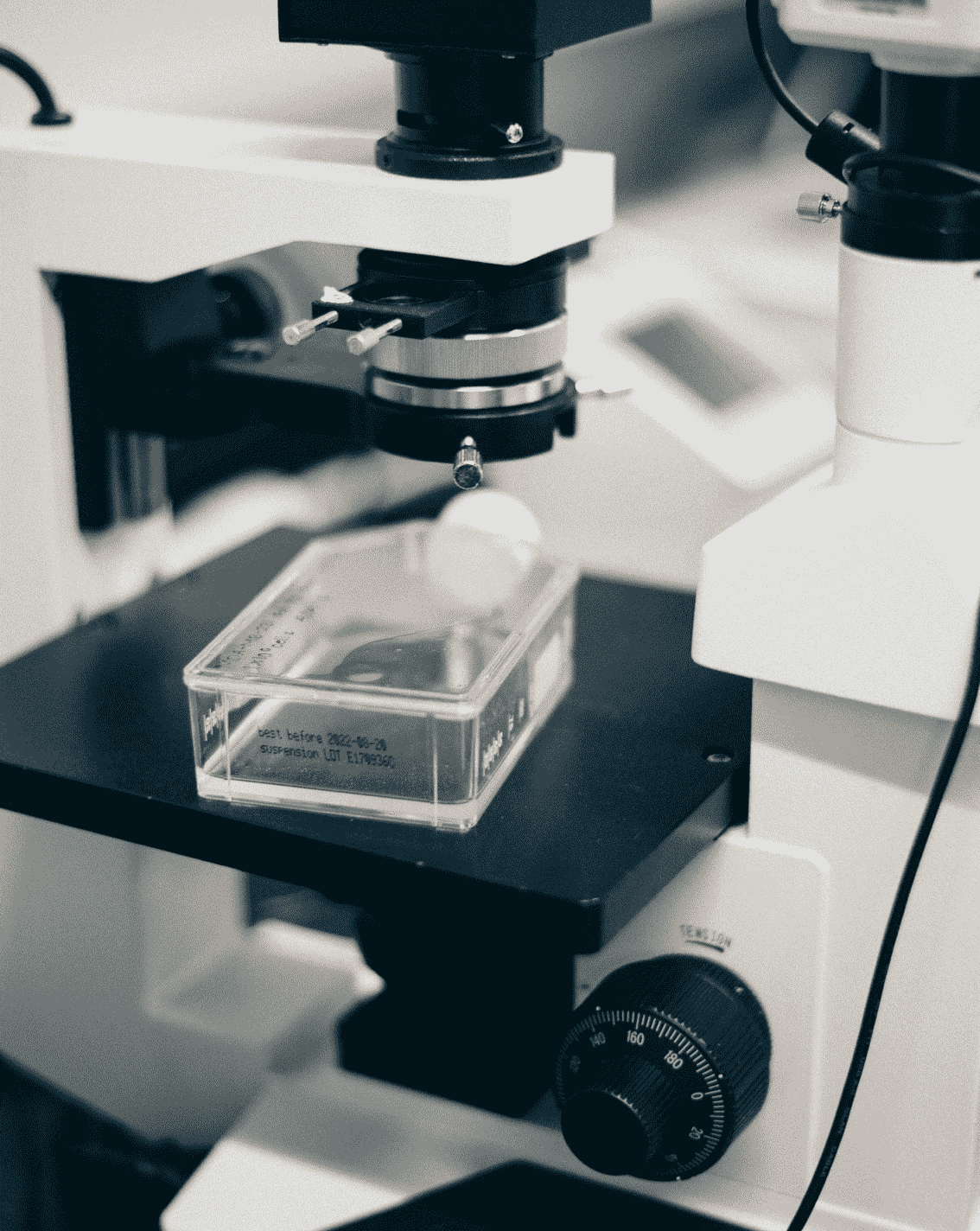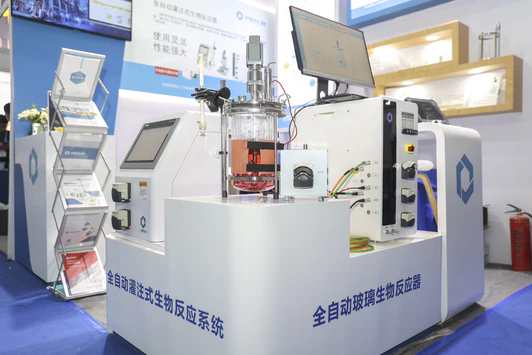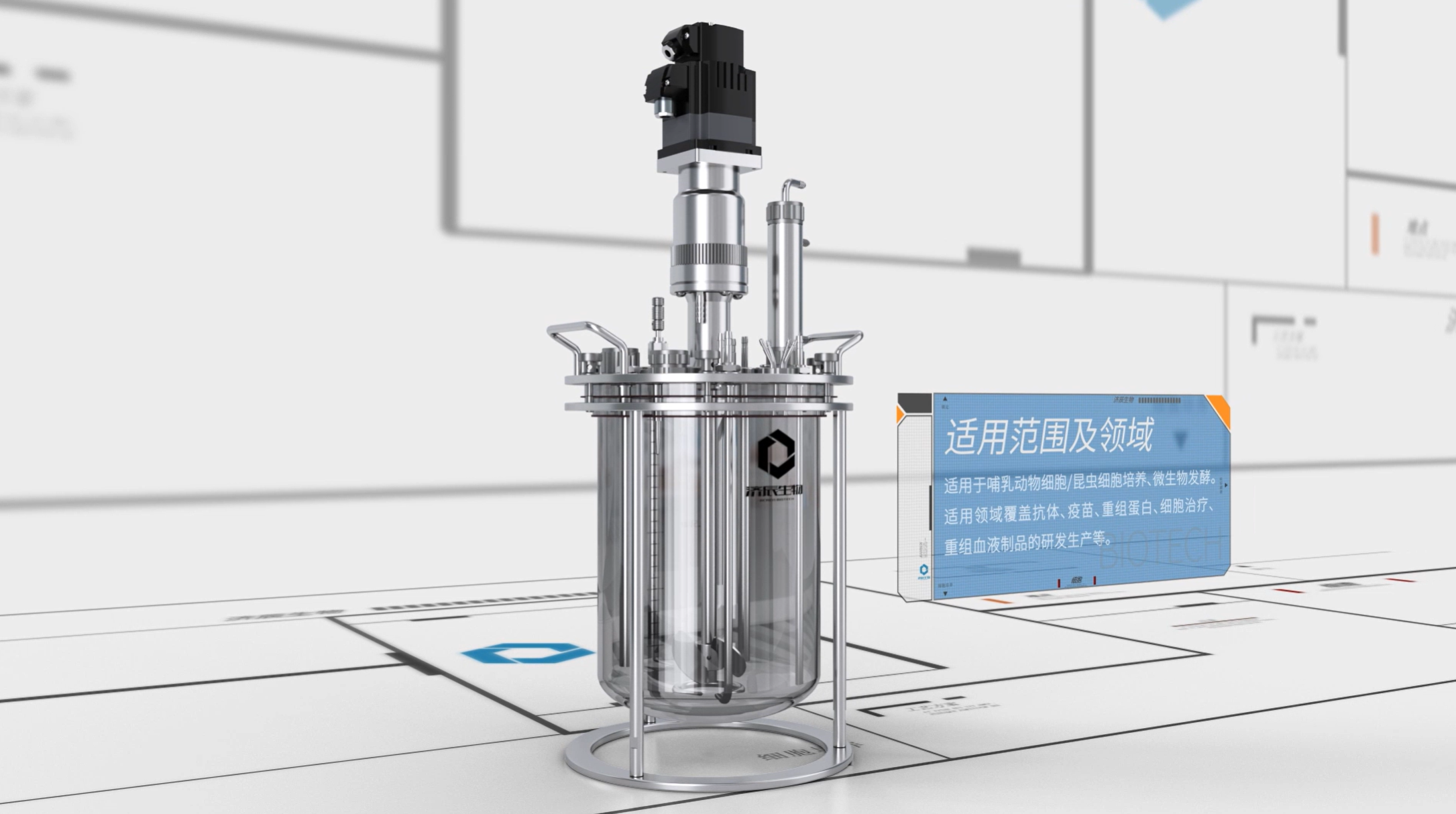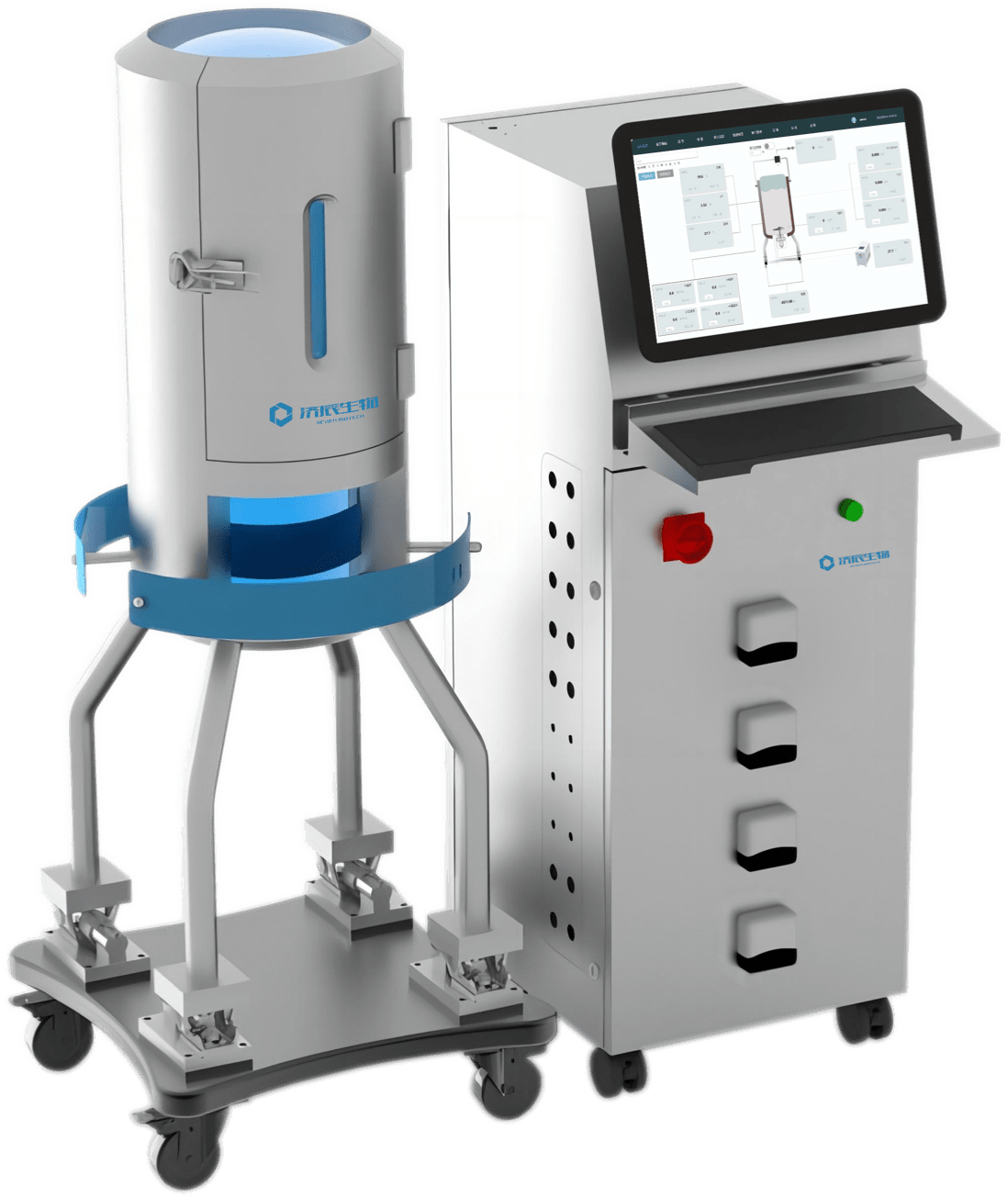With the global focus on environmental protection and sustainability, the biopharmaceutical industry is under pressure to transform traditional production methods. Process automation plays a key role in this transformation, not only improving productivity and product quality, but also having a profound impact on environmental sustainability and risk management. Below are a few key benefits of process automation for environmental sustainability and risk management in the biopharmaceutical industry.
I. Reducing Resource Consumption
The biopharmaceutical industry is a resource-intensive industry, and process automation can help reduce the consumption of energy and raw materials. By precisely controlling production processes, automated systems can optimize resource use and reduce waste. For example, automated equipment can accurately regulate temperature, humidity, and pressure to ensure that the production process takes place under the most economical conditions, thereby reducing the environmental impact .
II. Reducing Waste Emissions
Automation technology helps reduce waste emissions by improving the accuracy and repeatability, which helps to reduce waste generation in the production process. For example, automated systems can precisely control the amount of chemicals added, reducing overuse and the resulting hazardous waste. In addition, automated equipment can increase the recycling rate of by-products, further reducing environmental pollution .
Third, improve the working environment
Process automation can help to improve the working environment of the biopharmaceutical industry environment. By reducing manual labor, automation reduces the risk of employee exposure to hazardous substances and improves workplace safety. In addition, automated equipment can take on some intense or hazardous tasks, thereby reducing employee labor intensity and improving job satisfaction . , product quality issues, regulatory compliance, etc. Process automation can reduce risk by identifying potential problems and taking action in a timely manner through real-time monitoring and data logging. For example, automated systems can monitor key parameters in the manufacturing process in real time to ensure consistent product quality and reduce recalls and losses due to quality issues .
V. Supporting Green Manufacturing
Process automation is one of the key technologies to realize green manufacturing . By integrating environmentally friendly design, automated systems can help biopharmaceutical companies achieve cleaner production and reduce their environmental impact. For example, the use of closed systems for biological reactions can reduce harmful emissions while increasing the efficiency of raw material utilization
In summary, the application of process automation in the biopharmaceutical industry not only enhances productivity and economic efficiency, but also positively impacts environmental sustainability and risk management. As technology continues to advance and environmental requirements increase, automation will play an even more important role in promoting green development and reducing the environmental footprint of the biopharmaceutical industry.









